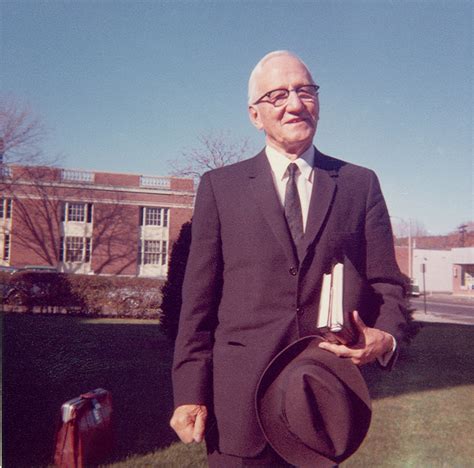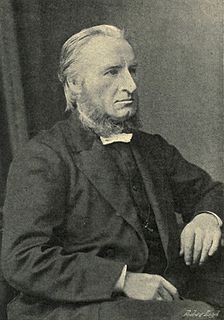A Quote by Tullian Tchividjian
Grace is unconditional acceptance given to an undeserving person by an unobligated giver.
Quote Topics
Related Quotes
Many years ago I was driven to the conclusion that the two major causes of most emotional problems among evangelical Christians are these: the failure to understand, receive, and live into God's unconditional grace and forgiveness; and the failure to give out that unconditional love, forgiveness, and grace to other peopleWe read, we hear, we believe a good theology of grace. But that's not the way we live. The good news of the Gospel of grace has not penetrated the level of our emotions.
Our search for such [moral] principles can start with . . . the unconditional imperative to acknowledge every person as a person. If we ask for the contents given by this absolute, we find, first, something negative-the command not to treat a person as a thing. This seems little, but it is much. It is the core of the principle of justice.



































